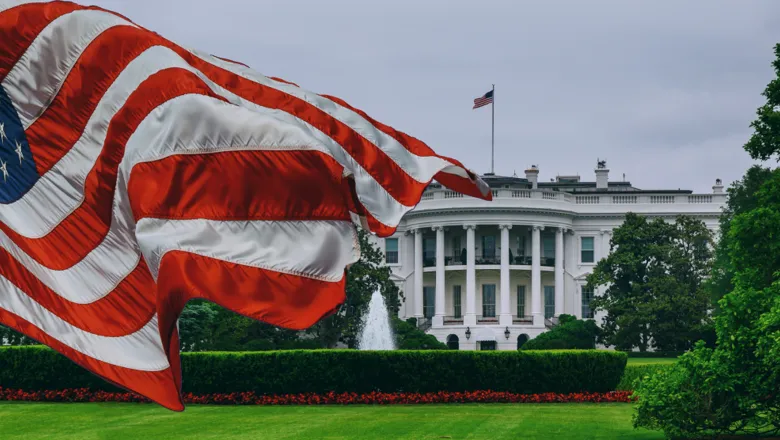15 October 2021
The US needs urgently to raise its macropru game
Donald Kohn written for MacroprudentialMatters.com
Implementing robust macroprudential policy—addressing threats to financial stability beyond those that were the focus of safety and soundness on an institution-by-institution basis or of investor protection market-by-market—was a constructive outcome of the legislative and policy response to the global financial crisis of 2008-09.

In the US, the Dodd-Frank Act of 2010 strengthened the hand of the Federal Reserve as it addressed the systemic risks in banks and bank holding companies, including those emanating from institutions that were “too big” or “too systemic” to fail. It also created two new institutions to look across the fragmented regulatory landscape to drive macroprudential policy addressing risks outside of banks:
- The Financial Stability Oversight Council (FSOC), which is chaired by the secretary of the Treasury and includes the heads of federal regulatory bodies, is charged with identifying and responding to risks to the financial stability of the United States and
- The Office of Financial Research (OFR), created to support the work of FSOC through research and data gathering.
FSOC’s powers are limited– it can designate systemically important institutions and make recommendations to constituent regulators, but even those authorities have been infrequently used. The structures set up by Dodd-Frank have not led to consistent and effective macroprudential policies in the US.
The Biden Administration must act promptly
The Biden administration, under the leadership of Janet Yellen at Treasury, intends to drive more active macropru policies, but, at this still early stage of the administration, results are not yet evident. It is urgent they get on with the job.
First, the “dash for cash” of March 2020 as the pandemic shutdown set in revealed a number of weaknesses in market-driven financial intermediation that required unprecedented and massive central bank intervention to prevent a total breakdown of the financial system that would have made an already dire economic situation much worse. We had hints of those weaknesses before the pandemic, but they became considerably more visible under stress. Moreover, the actions of the Federal Reserve and other central banks to counter their effects raise the possibility that private risk-taking will be distorted by the expectation of future interventions in stress situations. The authorities need to move while memories are fresh and political support for corrective steps at its highest.
Continue to the full article
Written for the Macroprudential Matters website, proudly managed by the Qatar Centre for Global Banking and Finance at King’s Business School. Read the rest of the article here.
